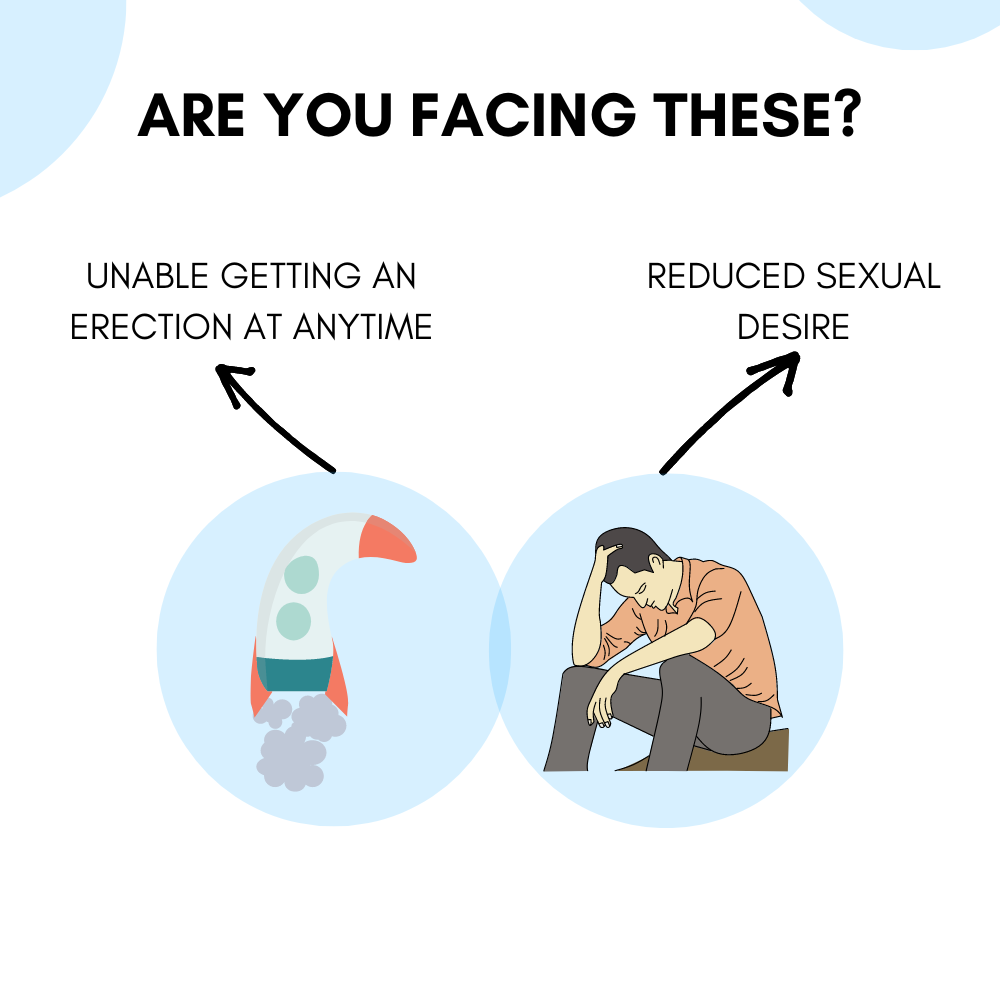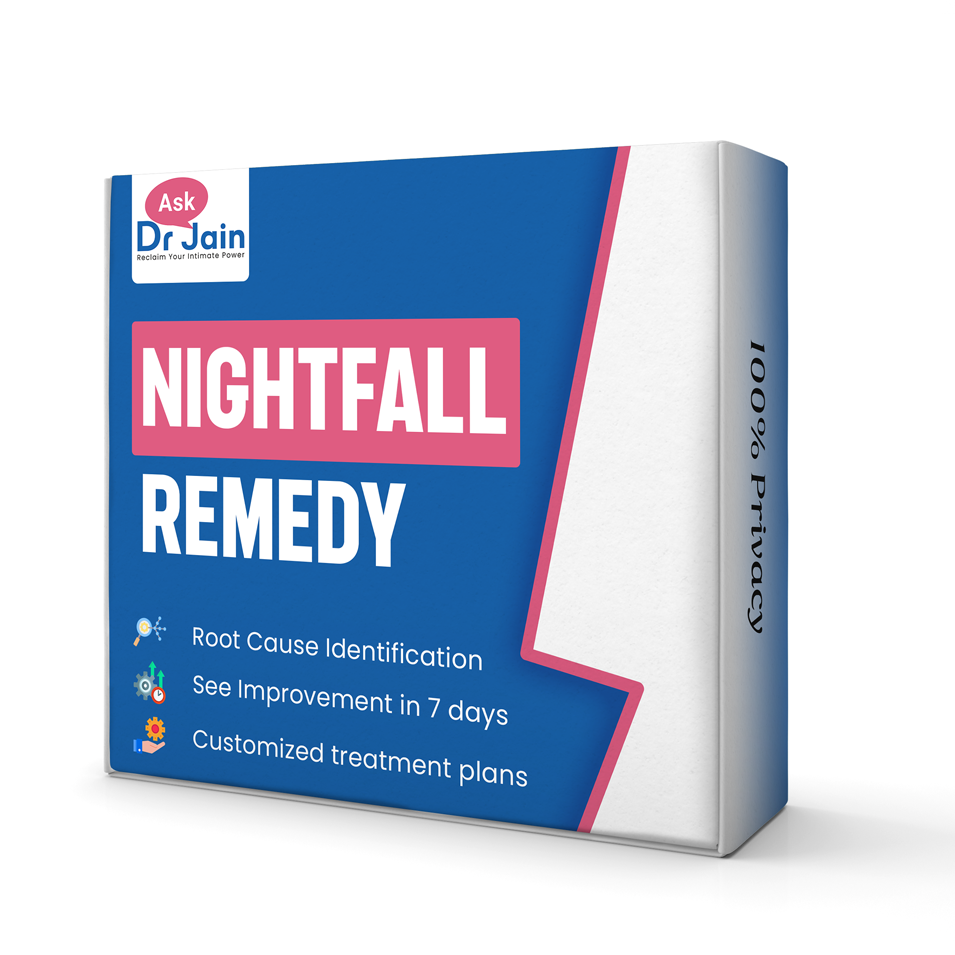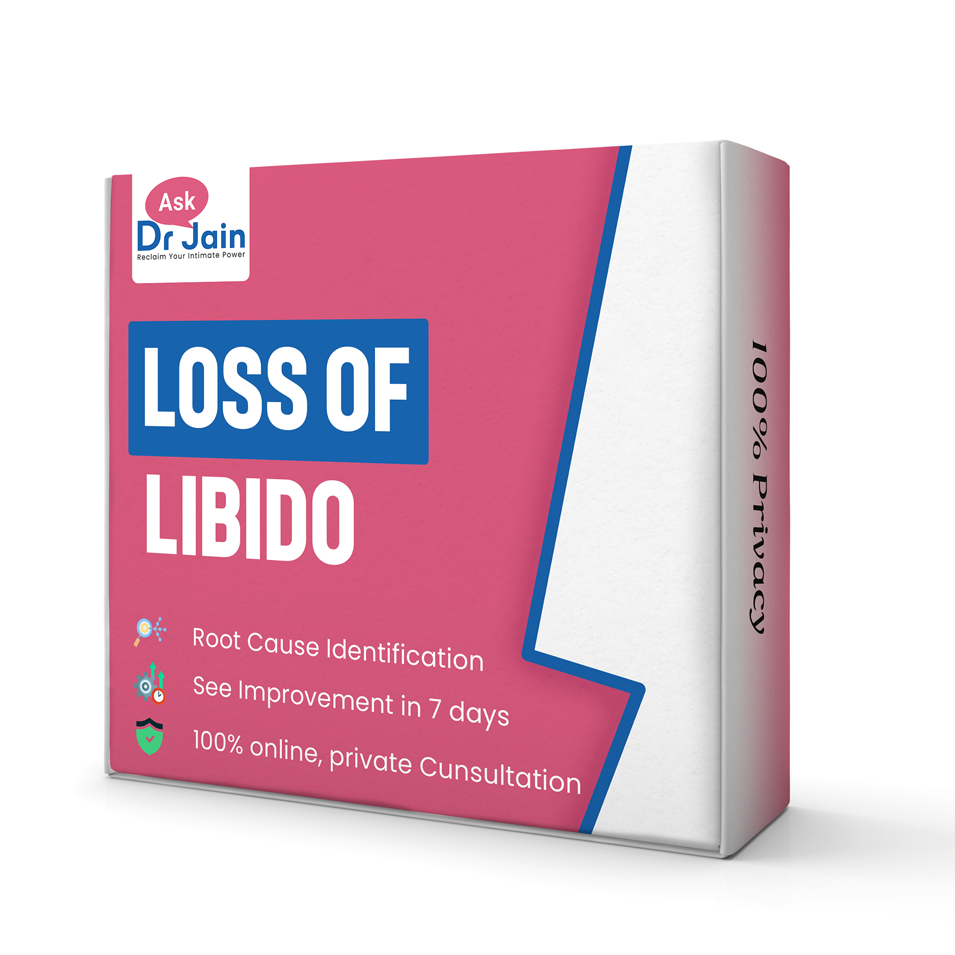
Understanding Nightfall: Does It Really Cause Weakness in Men and Why It Happens?

Nightfall, also known as nocturnal emission, is a phenomenon where a man experiences involuntary ejaculation during sleep. This natural occurrence commonly happens during adolescence and young adulthood, but it can also occur at any age. For many men, nightfall can be an alarming experience due to the suddenness and the social stigma attached to it.
The term "nightfall" may seem enigmatic, but it simply refers to the timing of the event—typically occurring at night. This process is usually accompanied by erotic dreams, although not always. During these episodes, men might wake up with a wet spot on their bedclothes or underwear, which is why it is also colloquially referred to as a "wet dream." Despite its commonality, nightfall is shrouded in myths and misinformation, making it essential to explore and understand the phenomenon comprehensively.
The Science Behind Nightfall: How It Occurs
To understand nightfall, it is important to delve into the biological mechanisms that cause it. The male reproductive system is designed to produce and release sperm periodically. During sleep, especially during the rapid eye movement (REM) phase, the body experiences heightened physical arousal.
The occurrence of nightfall is also linked to the frequency of sexual activity. Men who are sexually active or frequently masturbate may experience fewer nocturnal emissions, as the body regularly releases semen. Conversely, men who abstain from sexual activity for extended periods may have a higher likelihood of experiencing nightfall. This is the body's natural way of releasing the built-up sexual tension and ensuring that the reproductive system is not overburdened.
Common Myths and Misconceptions About Nightfall
One of the most pervasive myths surrounding nightfall is that it causes physical weakness or a depletion of vital energy. This belief is rooted in ancient traditions and cultural superstitions that equate semen with life force. However, modern science has debunked this notion, revealing that nightfall does not lead to any significant loss of strength or vitality. The human body is highly efficient at replenishing semen, and the occasional nocturnal emission has no detrimental impact on physical health.
Another common misconception is that experiencing nightfall is indicative of a sexual disorder or moral failing. This stigma can lead to feelings of shame and guilt, especially among young men who are still coming to terms with their sexual identity. It is essential to understand that nightfall is a natural and involuntary process, not a reflection of one's character or moral standing. Normalizing the conversation around nightfall can help alleviate the unnecessary psychological burden associated with it.
Some people believe that nightfall can adversely affect mental health, leading to conditions such as anxiety and depression. While it is true that the stigma and lack of understanding surrounding nightfall can contribute to psychological distress, the act itself does not cause mental health issues. Educating men about the normalcy of nocturnal emissions can help reduce the anxiety and shame that often accompany this natural phenomenon.
Nightfall and Its Impact on Men's Health
One of the primary concerns for men experiencing nightfall is its potential impact on overall health. It is important to acknowledge that nightfall, in itself, does not pose any health risks. The body is designed to handle occasional nocturnal emissions without any adverse effects.
Physically, nightfall does not lead to weakness or any long-term health issues. The body quickly replenishes the small amount of semen lost during nocturnal emissions. Men who experience nightfall can continue to engage in their daily activities without any concerns about physical debilitation. It is a common and natural process that does not warrant any drastic lifestyle changes.
However, the psychological impact of nightfall can be more pronounced, especially for those who are unaware of its normalcy. The stigma and myths surrounding nightfall can lead to unnecessary anxiety and self-doubt. By promoting awareness and understanding, we can help mitigate the psychological effects and ensure that men feel confident and secure in their bodies.
Psychological Effects of Nightfall: Anxiety and Confidence
The psychological effects of nightfall are often influenced by the societal attitudes and cultural beliefs surrounding the phenomenon. Many men may feel embarrassed or ashamed about experiencing nocturnal emissions, leading to feelings of anxiety and decreased self-confidence.
Men may become preoccupied with the frequency of their nocturnal emissions, fearing that it indicates a problem. This anxiety can be compounded by misinformation and myths, leading to a cycle of stress and self-doubt.
Building confidence in one's body and sexual health involves normalizing the conversation around nightfall and dispelling the myths that contribute to anxiety.By fostering a supportive environment, men can feel more comfortable seeking advice and learning about their bodies, ultimately leading to a healthier and more confident outlook on their sexual health.
Natural Remedies and Lifestyle Changes to Manage Nightfall
For those who experience frequent nightfall and wish to manage its occurrence, several natural remedies and lifestyle changes can be beneficial. One of the most effective ways to reduce the frequency of nocturnal emissions is to maintain a regular and healthy sexual activity. Engaging in sexual intercourse or masturbation can help regulate the body's need to release semen, thereby reducing the likelihood of nightfall.
Diet and exercise also play a role in managing nightfall. Consuming a balanced diet rich in essential nutrients can support hormonal balance and overall health. Regular physical activity can help reduce stress levels and promote better sleep, both of which can contribute to fewer nocturnal emissions. Avoiding stimulants such as caffeine and alcohol before bedtime can also help improve sleep quality and reduce the likelihood of nightfall.
Nightfall in Different Cultures: Perspectives and Beliefs
Cultural beliefs and attitudes towards nightfall vary significantly around the world. In some cultures, nocturnal emissions are viewed as a natural and normal part of male development, while in others, they are shrouded in stigma and misconceptions. Understanding these cultural perspectives can provide valuable insights into the societal attitudes that influence men's experiences with nightfall.
In many Western cultures, nightfall is generally accepted as a normal part of sexual health. Educational resources and healthcare professionals often emphasize the naturalness of nocturnal emissions, helping to reduce stigma and promote understanding. However, even in these cultures, there can be pockets of misinformation and embarrassment surrounding the topic, highlighting the need for continued education and open discussions.
Conclusion: Embracing Understanding and Awareness of Nightfall
Nightfall, or nocturnal emission, is a natural and common phenomenon that many men experience. By understanding the biological processes behind nightfall and dispelling the myths and misconceptions surrounding it, men can foster a healthier relationship with their bodies. Nightfall does not cause physical weakness or harm, and its frequency can vary widely among individuals.
Promoting awareness and open discussions about nightfall can help reduce the psychological burden associated with it, allowing men to feel more confident and secure in their sexual health. Ultimately, embracing a comprehensive understanding of nightfall and challenging societal stigmas can empower men to navigate their sexual health with greater awareness and confidence.

















